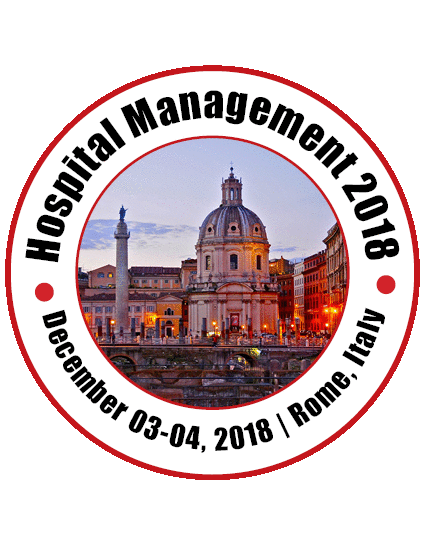
Steffi Jerry Mammen
Inamdar Multispeciality Hospital, India
Title: A study of adverse drug reactions in a tertiary care hospital of Pune
Biography
Biography: Steffi Jerry Mammen
Abstract
Purpose: The purpose of this work is to study the adverse drug reactions (ADR’s) reported from wards and critical units at a tertiary care hospital in Pune. The adverse drug reactions were analyzed by Naranjo’s algorithm scale and Hartwig severity assessment scale and the outcomes were studied.
Methodology: This observational and interventional study was conducted for 6 months from November 2016-May 2017 in an inpatient setting at a tertiary care hospital in Pune. The data was captured only in wards and critical units. Patients of all age groups and either sex were included in this study. The adverse drug reactions were checked for their causality and severity by performing the Naranjo’s algorithm scale and Hartwig’s scale respectively. The outcomes were studied. Data analysis was done by descriptive statistics.
Results: Total of 50 adverse drug reactions were reported from wards and critical units. 21-30 years age group was reported to have more adverse drug reactions. The most common organ affected is the skin 32 (71.11%), followed by respiratory system 3 (6.66%) and nervous system 3 (6.66%). Vancomycin 5 (20%) was the drug having majority of the ADR’s. The commonly reported ADR in this study was rash and itching 29 (64.44%). According to Naranjo’s algorithm scale, 23 (51.11%) suspected ADR’s were probable, 17 (37.77%) ADR’s were possible and 5 (11.11%) were definite. As per Hartwig’s severity assessment scale, majority of the ADR’s were mild 21 (46.66%), followed by moderate 20 (44.44%) and severe 4 (8.88%). The outcome of the ADR’s was all recovered 38 (84.44%) during the study period.
Conclusions: There is a need for more spontaneous reporting. After an ADR has occurred, patient counseling is mandatory. The active involvement of a clinical pharmacist to capture ADR’s and awareness given via training to other health care professionals can help change the scenario in under-reported hospitals

